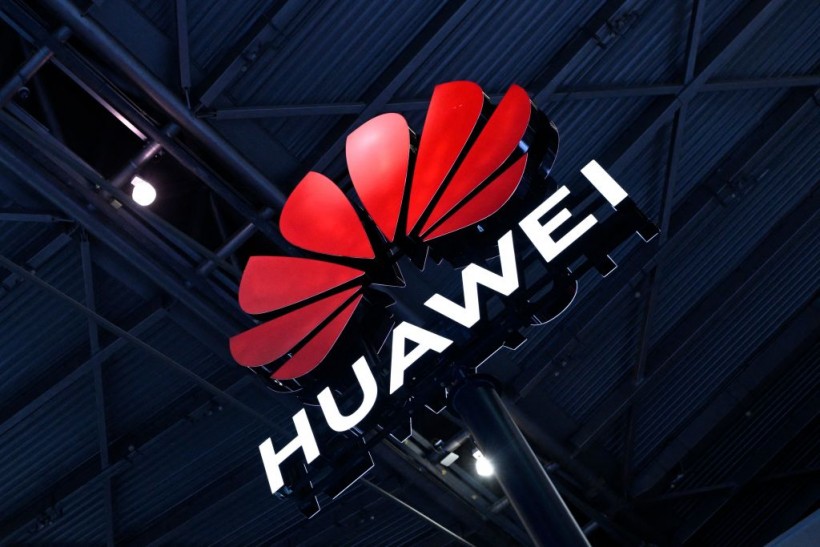In an effort to ease growing concerns among smartphone component suppliers, Xiaomi, the Chinese tech giant that controls 18% of India's smartphone market, has made an urgent appeal to the Indian government for manufacturing incentives.
The request in a letter dated Feb. 6 emphasizes the importance of taking immediate action to alleviate industry concerns (via Reuters).

A logo of Huawei is seen during the World Artificial Intelligence Conference (WAIC) in Shanghai on July 6, 2023. (Photo by WANG Zhao / AFP) (Photo by WANG ZHAO/AFP via Getty Images)
India's Scrutiny of Chinese Tech Firms
The backdrop to Xiaomi's plea is the escalating scrutiny faced by Chinese companies operating in India. Reuters tells us that this scrutiny intensified after a border clash between India and China in 2020, has created significant hurdles for businesses, particularly in the smartphone sector, where critical components often come from Chinese suppliers.
Muralikrishnan B., President of Xiaomi India, highlighted the challenges faced by component suppliers, citing compliance issues, visa concerns, and unspecified operational obstacles.
The letter underscores the necessity for confidence-building measures to encourage suppliers to establish local operations, bolstering India's manufacturing ecosystem.
The regulatory environment in India has further strained relations between Chinese companies and the Indian government. Allegations of wrongdoing have been levied against prominent players like Xiaomi and Vivo, with accusations ranging from breaching visa rules to alleged financial misconduct.
These allegations have led to the freezing of millions of dollars worth of assets belonging to the companies, signaling a turbulent period for Chinese investments in India.
Read Also: Elon Musk: Tesla to Use NVIDIA, AMD AI Chips to Build New Dojo Supercomputer
India's Aggressive Regulations
Beyond smartphones, Chinese companies across various sectors, including technology and automotive, have encountered roadblocks in India. The government's ban on over 300 Chinese apps and the halting of projects by Chinese automakers exemplify the broader challenges Chinese investors face in the Indian market.
In response to the tumultuous environment, Xiaomi has proposed reducing import tariffs on specific smartphone components, such as sub-components used in batteries, USB cables, and phone covers. The aim is to enhance India's manufacturing competitiveness by offsetting costs and incentivizing local production.
Xiaomi's call for manufacturing incentives aligns with India's broader economic goals of bolstering domestic manufacturing and reducing reliance on imports. It comes at a crucial juncture when the Indian government is reassessing its approach towards Chinese investments, with indications that scrutiny could be eased if geopolitical tensions subside.
While Xiaomi awaits a response from Indian authorities, the tech industry keenly observes developments that could shape the future landscape of foreign investment in India.
The outcome of this plea could have far-reaching implications for Xiaomi, the broader Chinese tech ecosystem, and India's aspirations to become a global manufacturing hub.
In Other News
A court recently rejected TikTok's bid to halt the implementation of stringent new European Union (EU) regulations designating it as a market "gatekeeper" pending a final decision on the video-sharing app's legal challenge.
Stay posted here at Tech Times.
Related Article: OpenAI's Sam Altman Seeks Trillions to Reshape Semiconductor Industry, Boost AI Development










